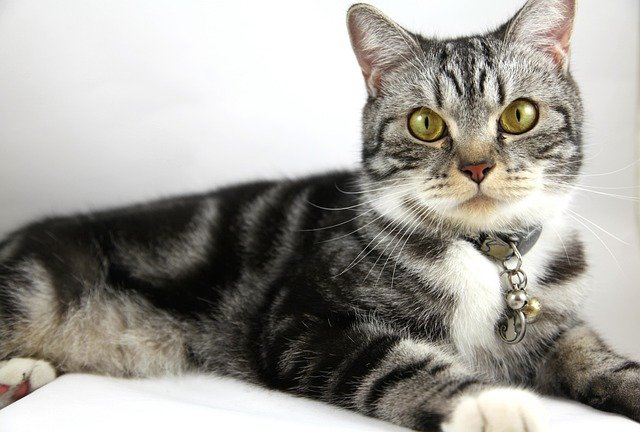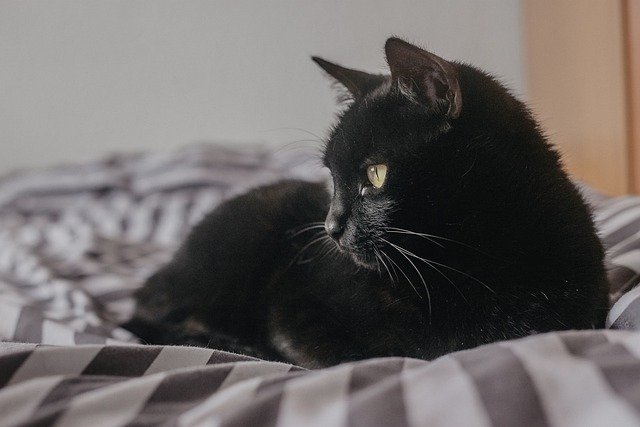Cats are known for their particular dietary preferences, often favoring meat-based diets. However, many cat owners wonder if their feline companions can safely enjoy fruits as well. While fruits can be a healthy addition to a cat’s diet in moderation, not all fruits are safe for them to consume. Here, we delve into the world of fruits for cats, exploring which fruits can cat eat, which ones to avoid, and how to incorporate them into your cat’s diet responsibly.
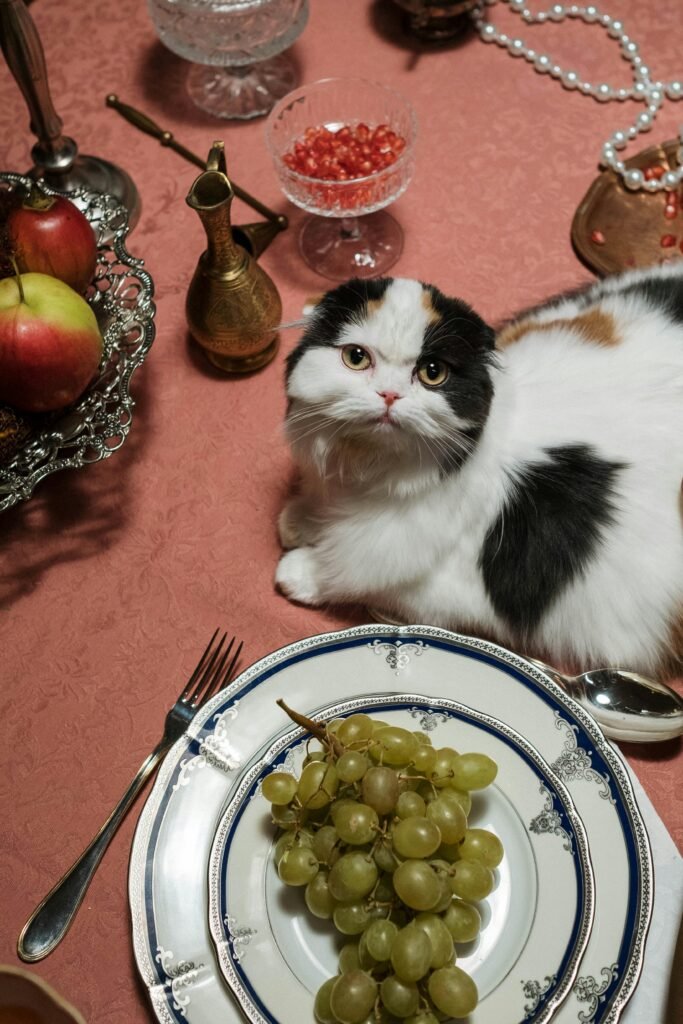
Which fruits can cat eat safely :
- Apples: Cats can safely eat apples in moderation. However, it’s important to remove the seeds and core, as they contain cyanide, which can be harmful to cats.
- Bananas: Bananas are a safe fruit for cats and can provide them with essential nutrients like potassium and fiber. However, due to their high sugar content, bananas should be given as an occasional treat.
- Blueberries: These tiny fruits are packed with antioxidants and can be a healthy snack for cats. Blueberries are low in calories and can be served fresh or frozen.
- Cantaloupe: Cats can enjoy small amounts of cantaloupe, which is rich in vitamins A and C. Remove the seeds and rind before offering it to your cat.
- Strawberries: Like blueberries, strawberries are safe for cats and are rich in antioxidants. Remember to remove the stems before serving.
- Watermelon: Cats can indulge in small amounts of watermelon, which is hydrating and low in calories. Remove the seeds and rind before offering it to your cat.
- Pears: Pears are safe for cats and can provide them with dietary fiber. Remove the seeds and core before serving, as they can be choking hazards.
- Mangoes: Cats can eat mangoes in small amounts, but it’s essential to remove the skin, pit, and any fibrous parts before offering them to your cat. Mangoes are high in sugar and can be difficult for cats to digest in large quantities. Additionally, some cats may not enjoy the taste of mangoes or may experience digestive upset after consuming them. Therefore, mangoes should be given as an occasional treat and monitored for any adverse reactions.
- Kiwis: Kiwis are safe for cats to eat in small amounts, but like mangoes, it’s essential to remove the skin and seeds before offering them to your cat. Kiwis are rich in vitamin C, fiber, and other nutrients, which can be beneficial in small quantities. However, some cats may not enjoy the taste of kiwis, and others may experience digestive upset after consuming them. Therefore, kiwis should be given as an occasional treat and monitored for any adverse reactions.
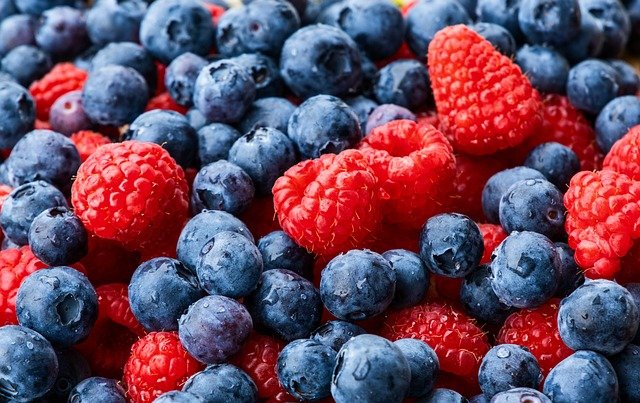
Fruits to Avoid:
- Grapes and Raisins: Grapes and raisins are toxic to cats and can lead to kidney failure. Even small amounts should be avoided.
- Citrus Fruits: Citrus fruits like oranges, lemons, and limes are too acidic for cats and can cause digestive upset.
- Cherries: Cherry pits contain cyanide, which is poisonous to cats. Additionally, cherries can cause digestive issues.
- Peaches and Plums: The pits of peaches and plums contain cyanide and can be choking hazards for cats.
- Avocado: Avocado contains a toxin called persin, which can be harmful to cats if ingested in large amounts.
How to Offer Fruits to Your Cat?
When introducing fruits to your cat’s diet, it’s essential to do so in moderation. Treat fruits as occasional snacks rather than regular meals, and always wash them thoroughly to remove any pesticides or residues. Additionally, chop fruits into small, bite-sized pieces to prevent choking hazards.
Observe your cat’s reaction to new fruits, and if you notice any signs of digestive upset or allergies, discontinue feeding them that particular fruit. Always consult with your veterinarian before making any significant changes to your cat’s diet, especially if they have pre-existing health conditions.
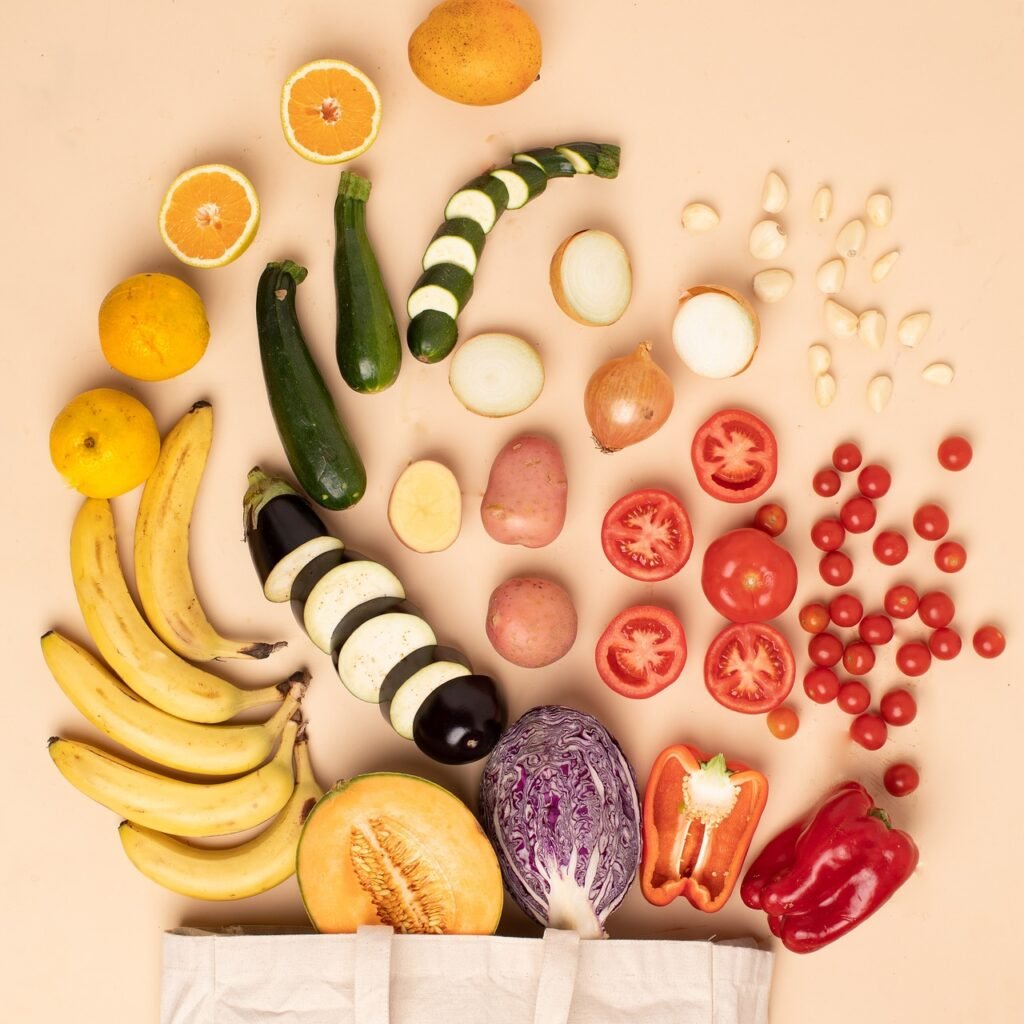
In conclusion, while cats are primarily carnivores, they can safely enjoy certain fruits as part of a balanced diet. By offering fruits in moderation and avoiding toxic varieties, you can treat your feline companion to a nutritious and delicious snack.
which are the sings that your cat eat an unsafe fruits?
If a cat eats an unsafe fruit or any food that doesn’t agree with their digestive system, several signs may indicate that they are experiencing discomfort or illness. Here are some common signs to watch for if your cat has consumed an unsafe fruit:
- Vomiting: One of the most obvious signs of digestive upset in cats is vomiting. If your cat has ingested an unsafe fruit, they may vomit shortly afterward or within a few hours of consumption.
- Diarrhea: Diarrhea is another common symptom of gastrointestinal distress in cats. If your cat’s stool becomes loose, watery, or more frequent than usual after eating a particular fruit, it may indicate that their digestive system is reacting negatively to it.
- Lethargy: Cats are typically energetic and playful animals. If your cat becomes unusually lethargic or lacks interest in their surroundings after consuming a fruit, it could be a sign of discomfort or illness.
- Loss of Appetite: A sudden loss of appetite or refusal to eat their regular food may indicate that your cat is feeling unwell. If they have eaten an unsafe fruit, they may associate it with their discomfort and avoid eating altogether.
- Abdominal Pain: Cats may exhibit signs of abdominal pain or discomfort, such as restlessness, pacing, or hunching over, if they are experiencing digestive issues after consuming an unsafe fruit.
- Drooling or Excessive Salivation: Excessive drooling or salivation can occur if a cat ingests something that irritates their mouth, throat, or stomach. If you notice your cat drooling excessively after eating a fruit, it could indicate that they are experiencing discomfort.
- Behavioral Changes: Changes in behavior, such as aggression, hiding, or vocalization, may occur if your cat is feeling unwell after consuming an unsafe fruit. They may seek out quiet or secluded areas to rest and recuperate.

If you observe any of these signs in your cat after they have eaten a fruit, it’s essential to monitor them closely and contact your veterinarian for guidance. While some cases of mild gastrointestinal upset may resolve on their own, more severe symptoms may require veterinary attention to ensure your cat’s health and well-being. Additionally, if you suspect that your cat has ingested a toxic fruit or substance, seek immediate veterinary care to prevent further complications.

